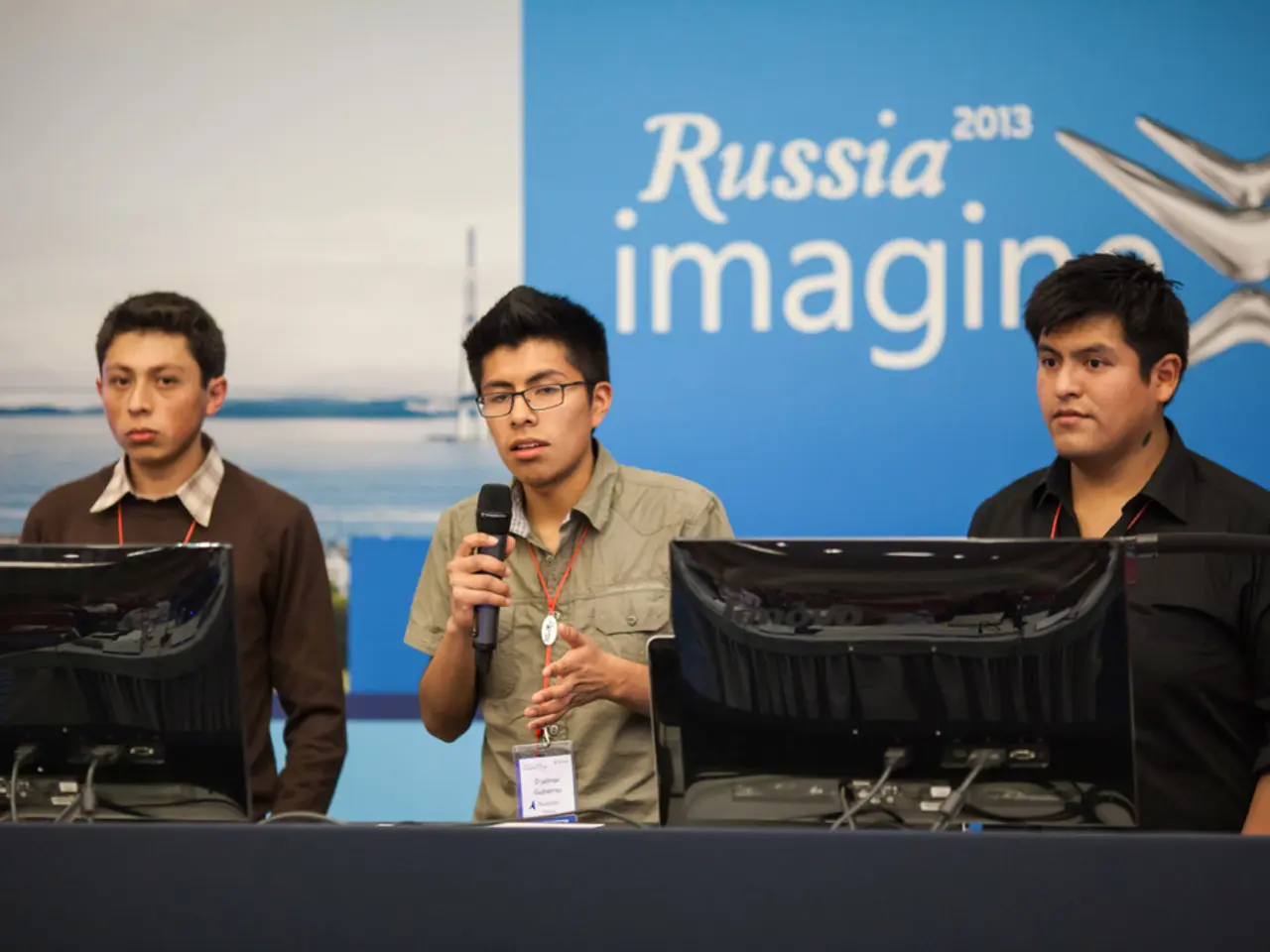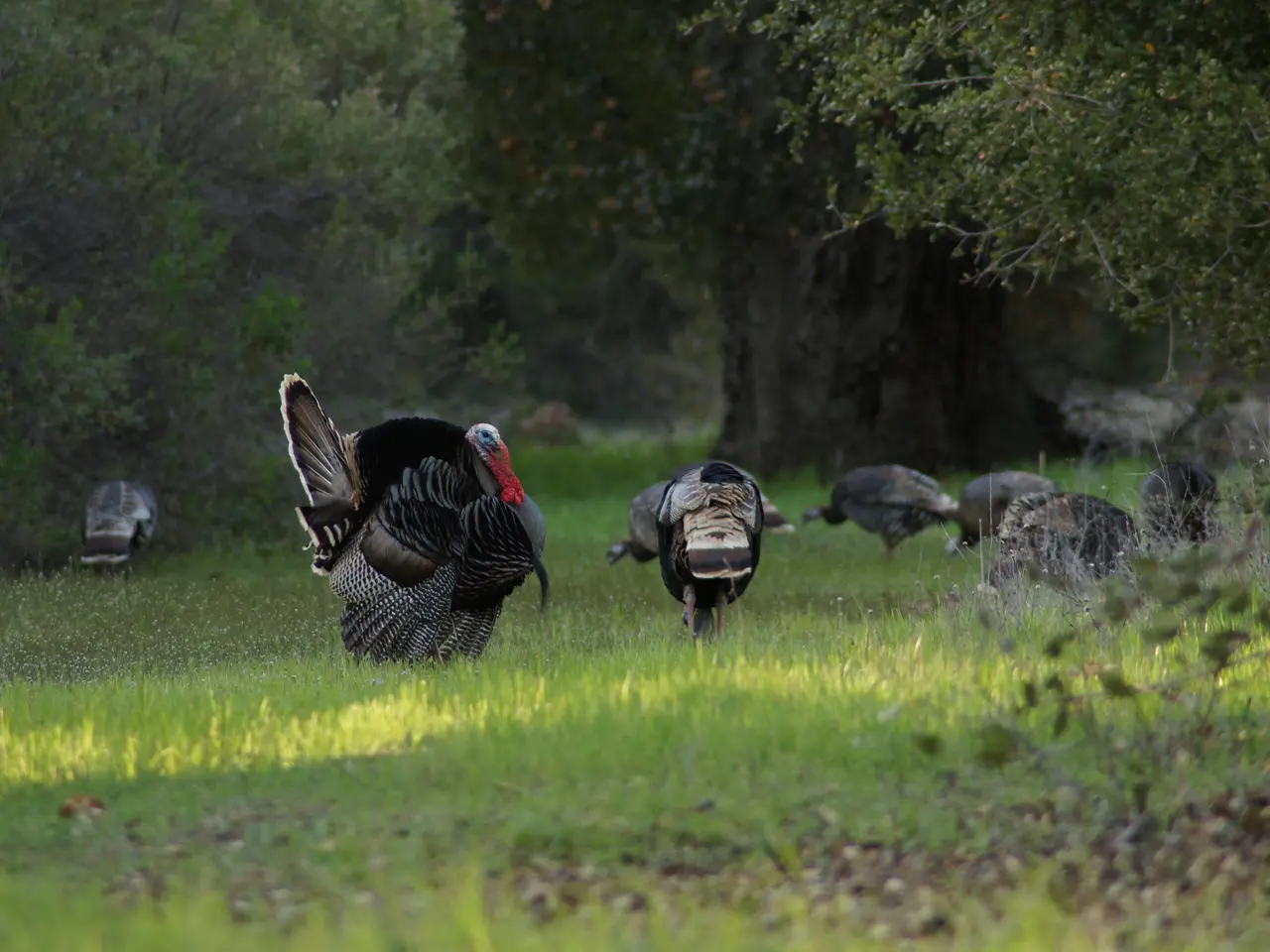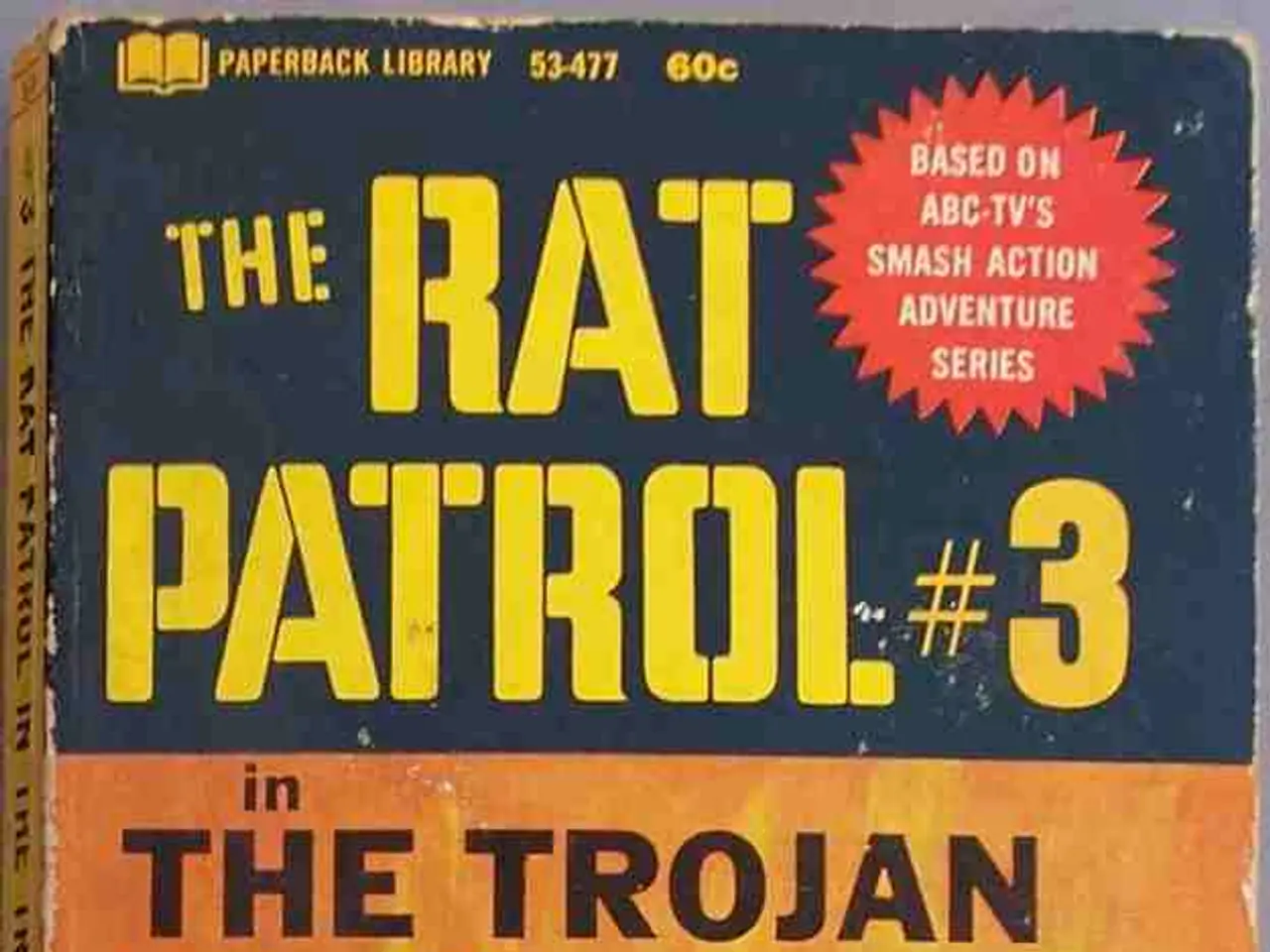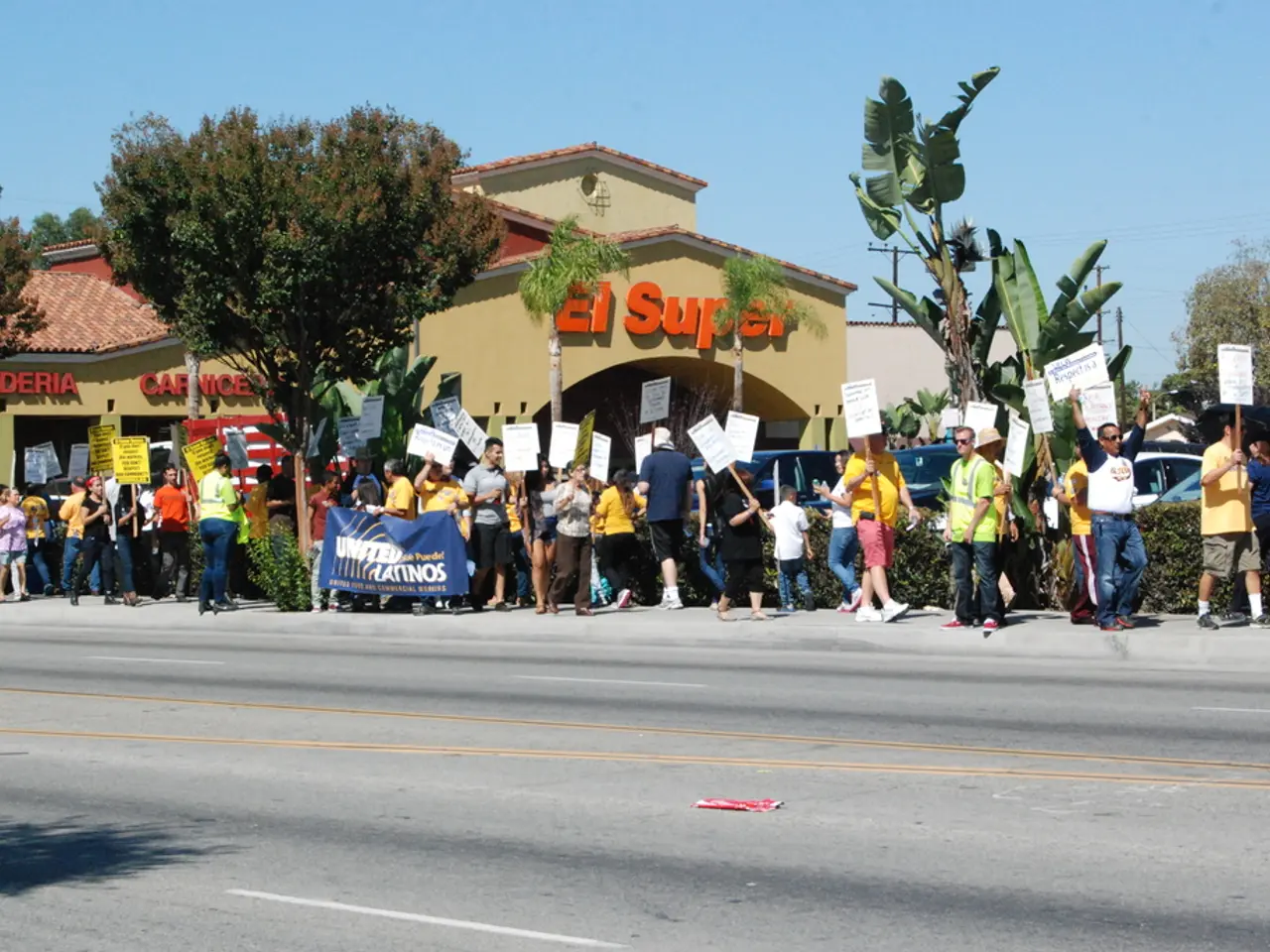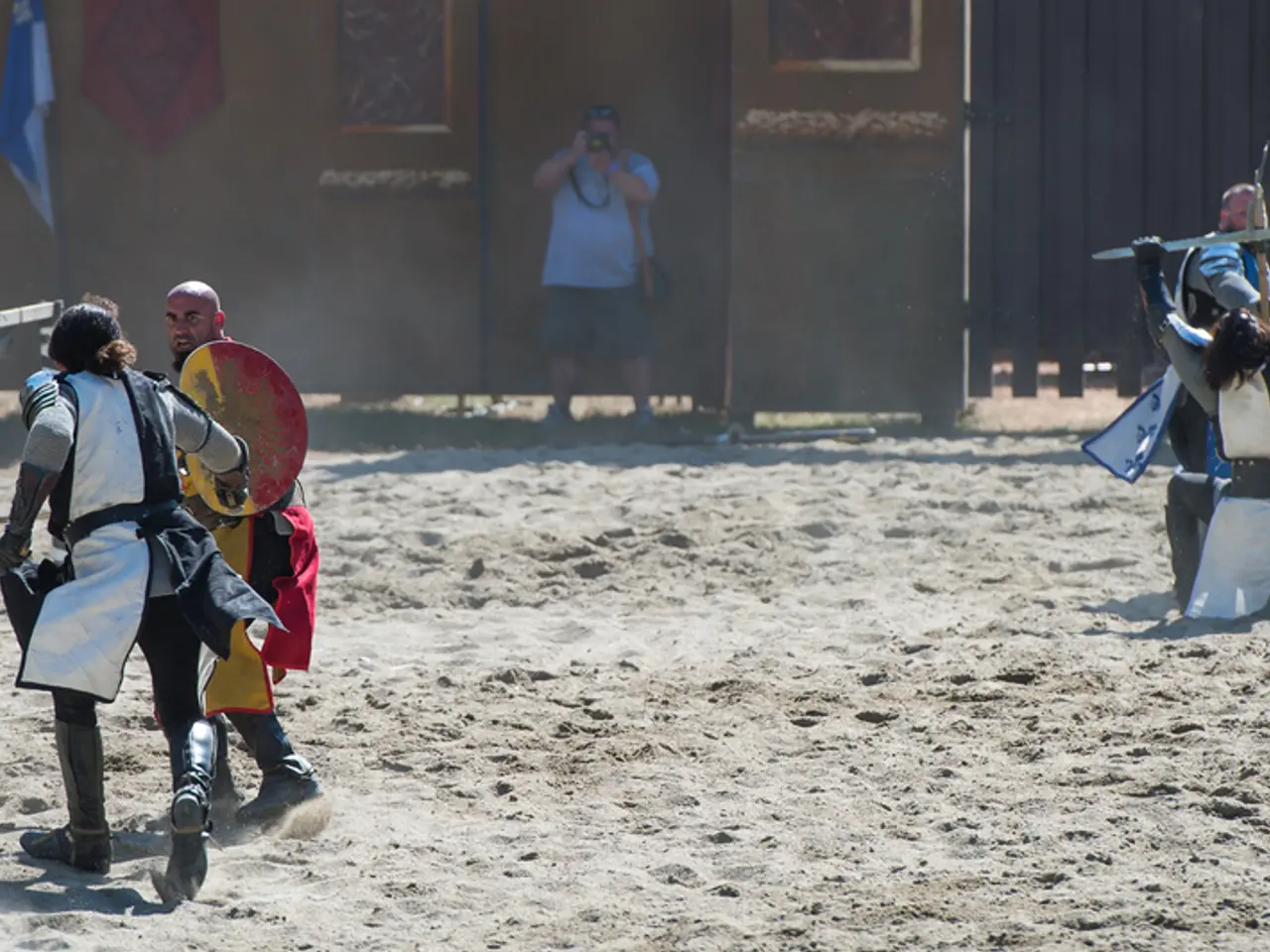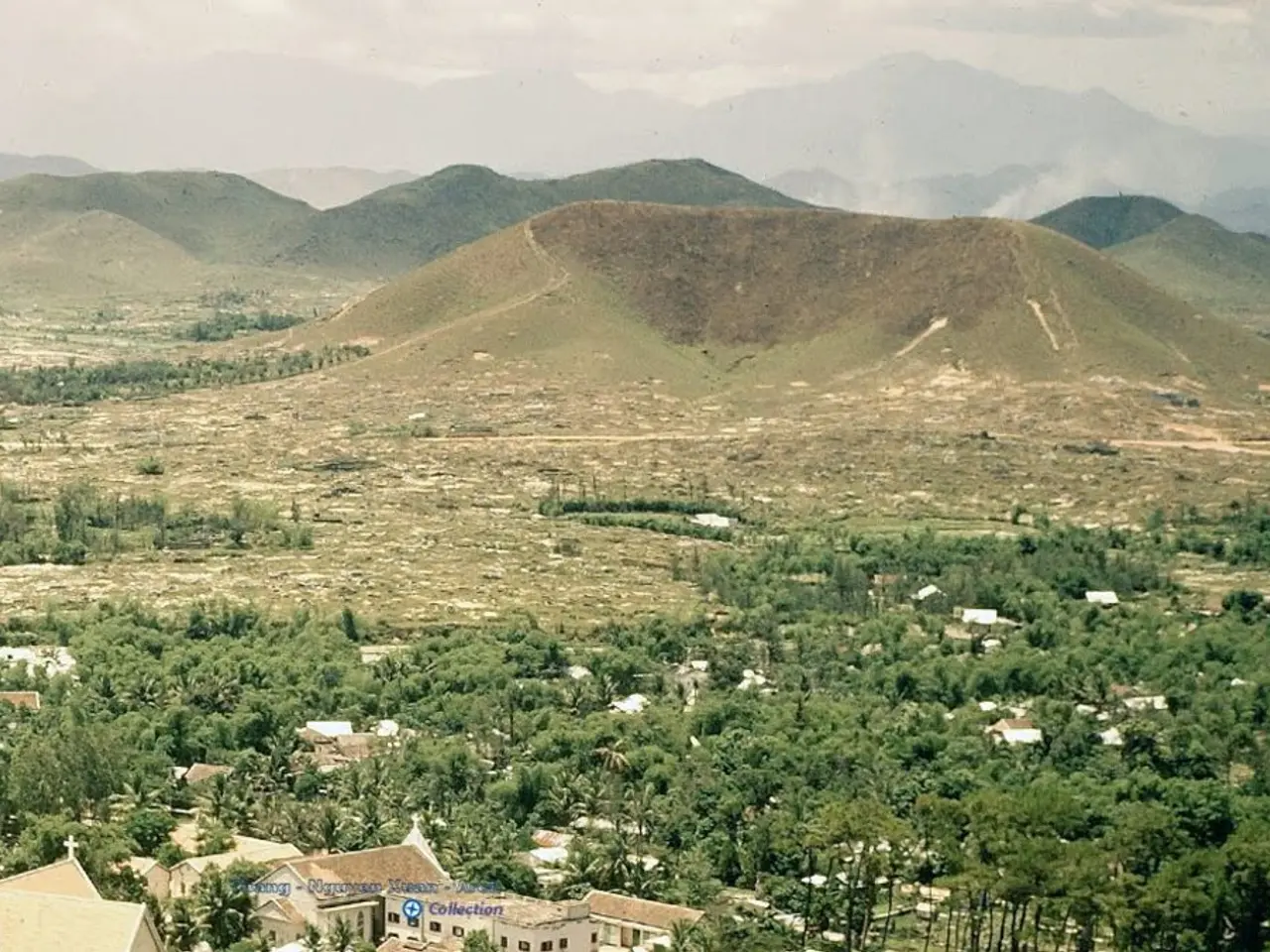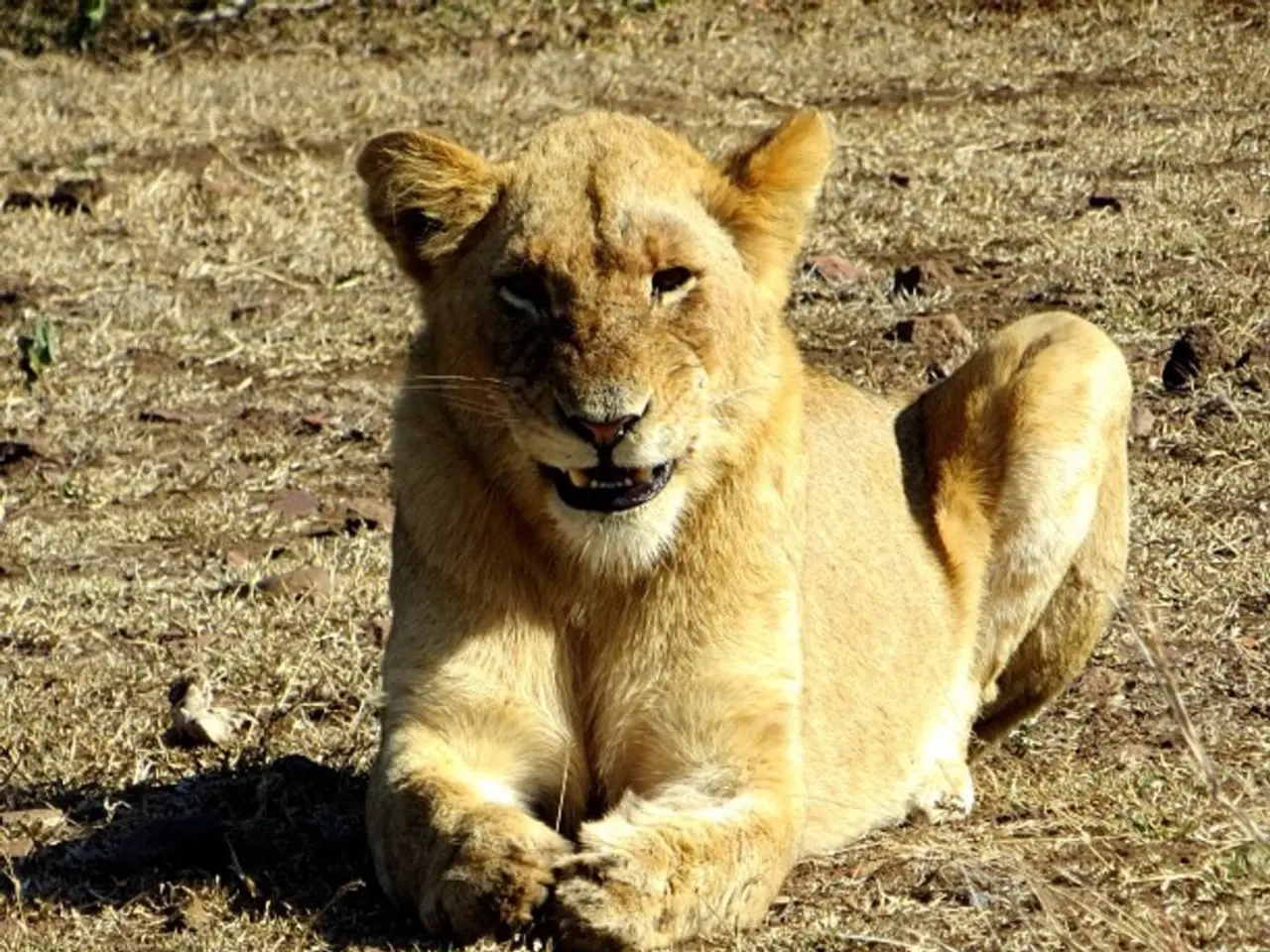Global travel for Russian President Putin is now restrained as he's subject to arrest in 125 countries following recent developments.
In the current global political landscape, **Vladimir Putin, the Russian commander-in-chief, faces a series of legal hurdles** due to allegations of war crimes committed during Russia's invasion of Ukraine. The International Criminal Court (ICC) has issued an arrest warrant for Putin, and a special tribunal is being established to prosecute Russian officials, including Putin, for aggression and war crimes.
**The ICC arrest warrant**, issued in March 2023, charges Putin with the forcible deportation and transfer of Ukrainian children to Russia, a war crime under international law. Despite Russia's refusal to recognize the ICC's jurisdiction and its withdrawal from the court’s treaty, ICC member states are legally obliged to arrest Putin if he travels to their territories.
Brazil, an ICC member and host of the 2025 BRICS summit, was urged by human rights organizations to issue an arrest warrant for Putin should he attend. Although Putin decided not to travel, the legal obligation remains if he attempts to enter Brazil or any other ICC member country. Similarly, South Africa prevented his attendance at the 2023 BRICS summit due to the ICC arrest warrant.
**Beyond the ICC warrant**, Ukraine and the Council of Europe signed an agreement in June 2025 to establish a special tribunal to prosecute senior Russian officials, including Putin, for the crime of aggression and war crimes related to the invasion. This tribunal represents a separate legal mechanism aimed at ensuring accountability regardless of ICC jurisdiction.
International pressure, including diplomatic isolation, has increased, limiting Putin's ability to participate in global forums. Russia's policies in occupied Ukrainian territories, including forced 'passportization' and deportations, have also been condemned as violations of international law.
**Key Points:**
- ICC arrest warrant for war crimes: Issued in March 2023; Putin is subject to arrest in ICC member states but remains at large due to Russia not recognizing ICC jurisdiction and his cautious travel. - Special tribunal for aggression: Agreement signed in June 2025 to prosecute Russian officials including Putin on aggression charges. - International diplomatic impact: Putin’s travel and participation in international summits is restricted by ICC warrants and political pressure. - Russia’s recognition of ICC: Russia withdrew from ICC treaty in 2016, denying court jurisdiction over its actions and officials.
The ICC considers religious sites as "specially protected buildings," and their intentional destruction amounts to a war crime. Russia has been launching lethal drone attacks on Ukraine across the holiest days of the year, including a strike on the thousand-year-old Saint Sophia Cathedral in Kyiv three weeks ago. The European Union, Britain, Switzerland, Canada, and the United States closed off their airspace to all Russian-registered aircraft following Putin's invasion of Ukraine.
The ban on Putin's travel to ICC states now stretches across 125 countries. Putin is careful about traveling to countries that are members of the ICC, as he could be arrested and extradited to The Hague. Kremlin commissars pressured Brazil's president to guarantee Putin would not be detained during a July gathering, but President Luiz Inácio Lula da Silva declined to extend a shield of immunity for Putin. As a member of the ICC, Brazil has an international obligation to detain Putin if he steps onto Brazilian territory.
In conclusion, Putin currently faces serious international legal charges, but actual arrest and prosecution depend on his movements and enforcement by ICC member states or new tribunal mechanisms. The ICC warrant and the establishment of the special tribunal signal ongoing and potentially expanding international legal efforts to hold him accountable for war crimes and aggression linked to the invasion of Ukraine.
- Despite Putin's careful navigation of international travel to avoid potential arrest, the ban on his travel to ICC states encompasses 125 countries, increasing the likelihood of his apprehension should he visit any of them.
- Beyond the ICC Tribunal for Russian war crimes, there is an agreement between Ukraine and the Council of Europe to establish a special tribunal, aimed at prosecuting senior Russian officials like Putin, for the crime of aggression and war crimes related to the invasion of Ukraine.
- The international community, through entities like the ICC and diplomatic pressure, continues to limit Putin's participation in global forums, highlighting the ongoing need for accountability in relation to the war-and-conflicts in Ukraine.
